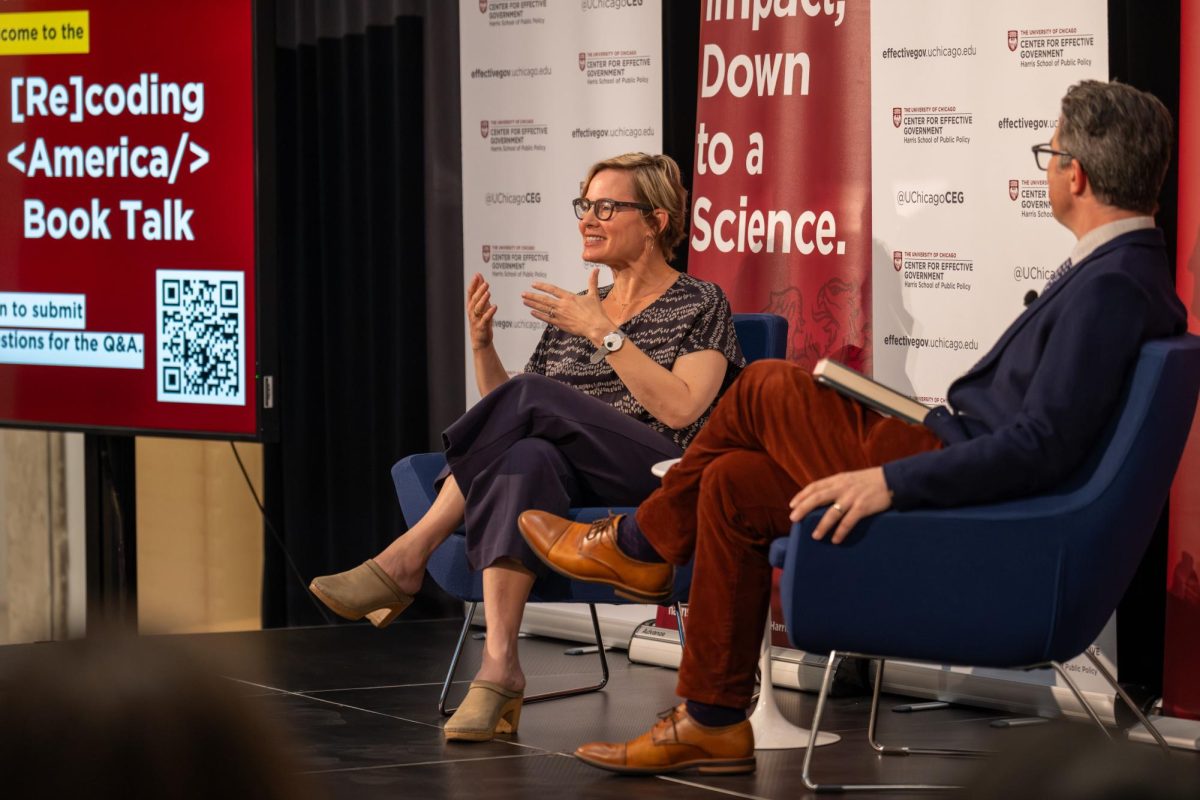Some graduate students in the natural sciences claim they are prevented from participating in extracurricular activities due to an alleged “culture of fear” surrounding the relationship between faculty advisors and graduate students.
Anthony Martinez, president of Graduate Council, said that some graduate students in the natural sciences claim to face constant fear of losing their positions at the school due to participation in extracurricular activities. In addition, widespread ignorance regarding the existence of Student Government (SG) and its purpose has led to low graduate participation and minimal funding for graduate activities.
“Graduate students have their schedules essentially set before they even arrive, and have to drag out their degree to do extracurriculars. This situation is made worse, since we often have advisors (and many call them bosses), who actively prevent us from participating in anything outside our core work,” Martinez wrote in an e-mail. “I’ve met with grads who have told me that if they participated in SG, they’d probably get fired, and kicked out of school (which is something that can happen very easily to graduate students). Even if this is often not the case, there is a very prevalent fear of it happening.”
A graduate student in the Biological Sciences Division (BSD), who preferred to remain anonymous, agreed with Martinez’s analysis.
“The culture of fear exists in both [natural sciences and social sciences/humanities], but it’s a bit different for us [in the natural sciences] for two reasons. The first is that we have much closer relationships with our advisors, since we are answerable to them for everything…. They basically shape our projects because they fund us,” the source said. “Unlike in the social sciences, where money comes from a departmental funding system, often we are funded directly by our principal investigators (PI). That creates a whole layer of who’s funding us, when funding dries up, what do we do, do we get grants, or are we eligible for those grants?”
The source also indicated that the lack of regulated working hours for graduate students meant they could work up to 40 hours a week.
“There’s the expectation that anything you do outside of the lab will cut away from that responsibility of research, and that’s probably why PIs are not super excited about extracurricular activities,” the source said. “Anything is viewed as distracting from the lab. That expectation grows and grows…there’s no circumscribed working hours, you can work 20, 30, 40, hours a week. Oftentimes graduate students in the sciences work most holidays.”
However, according to Marvin Makinen, professor of biochemistry and molecular biophysics at the University, the alleged culture of fear comes from a lack of understanding by the graduate students of their capacity as students and the restrictions of the funding system.
“I would argue that graduate students who claim a ‘culture of fear’ thwarting them from engaging in extracurricular activities have not understood their own role and the constraints on the system. I have known of graduate students who have participated in extracurricular activities but they did not do so at the expense of completing academic requirements within the time period to which they obligated themselves,” Makinen wrote in an e-mail. “For the first year of graduate study [in the biological sciences]…the tuition and cost-of-living stipend are provided generally through training grants from the National Institutes of Health. The requirement in accepting that financial support is that it is 100 percent effort, that is, it is equivalent to a full-time job.”
Makinen also noted that, after completion of the one-and-a-half-year training grant, students begin Ph.D. research, which also requires a 100 percent time commitment in a set period of time, typically five and a half years.
“Research grants are awarded for a defined length of time within which the principal investigator (PI), i.e., the Ph.D. research advisor, has set forth a program to achieve objectives outlined in the grant application,” Makinen wrote. “If these objectives have not been achieved by the time the PI applies for continuation of grant support, no study section will approve of continued research support if the PI were to state, ‘the student who was supported by the grant spent too much time leading a rock band,’ for instance.”
The BSD responded in a statement that they support extracurricular activities, and that individual PIs cannot dismiss graduate students without a detailed review by a faculty committee.
“The BSD has a new NIH-funded career development program, myCHOICE, that includes internship opportunities for graduate students and postdoctoral trainees. This is one of the many ways the BSD supports extracurricular activities,” wrote a representative for the BSD. “Students who are admitted to the BSD cannot be dismissed by any individual faculty PI. Any dismissal would require a detailed review by a standing faculty committee and would include an appeals process.”
Ka Yee Lee, professor of chemistry at the University, offered another view. Likening working in different graduate labs to working at different companies, she noted that such a culture of fear was true in some labs, but not in others.
“I believe some graduate students are experiencing it, but I do not think that this is true across the board. Different advisors can have different ways of running their research groups and can have different expectations for members of the group, so the experience of an individual graduate student depends largely on the culture of his/her own immediate work environment,” Lee wrote in an e-mail. “While I can believe that some advisors might not endorse graduate students participating in extracurricular activities, there are others who believe that it is important to strike a balanced life in graduate school, and are supportive of students engaging in activities outside one’s core discipline.”
Lee indicated she had several graduate students in her own lab who were, for example, involved in RSOs, tutoring young adult immigrants from outside the University, performing as a pianist in a musical, and participating in the chemistry department’s softball league.
Lee also drew a distinction between being dismissed from a lab and being expelled from the University. Though students may be dismissed from a lab for a number of reasons, there are a large number of checks and balances to protect graduate students from being expelled from the University outright.









